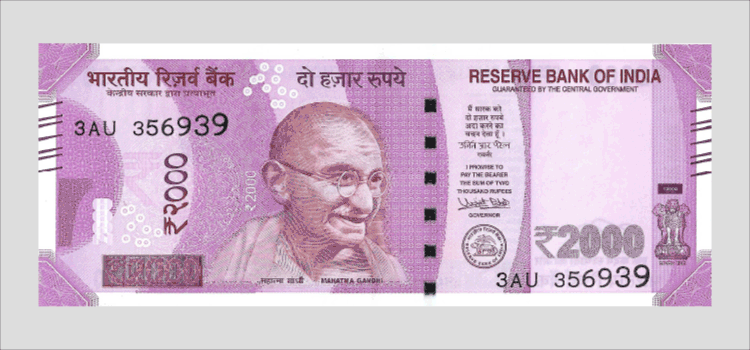


It’s fun to see the occasional office clash, like one between the Washington bureau and the New York editors over how to interpret Trump’s remarks during his Congressional address. Yet when she characterizes his response, in her story and on CNN, as showing more presidential restraint than usual, she gets attacked, in tweets from the left, for being a “traitor.” The tweets wash right off her, but the point is that it’s her job, and that of the other Times reporters, to maintain an even keel - to use their brains and reportorial instincts to keep the national conversation in balance. Haberman and Trump go back a long way (she covered him at The New York Post), and though he consistently demonizes her as part of “the failing New York Times,” she grasps that the policy battles don’t, in the end, mean that much to Trump it’s all a game to him. She asks if it’s a relief for him to have this battle in the rear-view mirror, and he replies, “Yeah, it’s enough already,” which produces a knowing chuckle on her part. There’s a telling moment when Maggie Haberman, the White House correspondent of the Times, interviews Trump on the phone after his first failed attempt to repeal the Affordable Care Act. Bush administration, the “reality-based community.” On the contrary, it’s to sidestep any potential fake food fight, and for the paper to tether itself to the nuts and bolts of reality - or, as it was once referred to (in a Times Sunday Magazine article) by a member of the George W. The agenda is not to mount on attack on Donald Trump. In the meetings we see, the Times journalists, like their executive editor, go out of their way to avoid drama.

The reality looks a lot less sexy - though for news junkies, it can prove to be every bit as fascinating. Conditioned, perhaps, by one too many awards-bait newspaper dramas, I watched “The Fourth Estate” eager to see the Times journalists roll up their shirtsleeves, pound the tables, and fight the good fight in reporting on the drama of a new kind of American corruption. He believes in the paper’s mission, but in “The Fourth Estate” he’s a very laidback crusader - soft-spoken and process-oriented, intently focused on “the story.” Dean Baquet, the executive editor of the Times, has been in the job for four years now, and it’s part of his meticulous no-drama style that he doesn’t come on like the Ben Bradlee of the age of fake news. But we don’t see the strategic conversations that went into that dogged ambition. The Times, during Trump’s first year and a half in office, has been quite pointed - and, at times, heroic - in holding this presidential Pinocchio’s feet (and nose) to the fire. Maybe the other episodes will expand its scope, but I couldn’t help but wish that what we were seeing here had more of a topical-philosophical edge - that it showed us the Times editors wrestling, for example, with the thorny issue of how to deal with Trump’s lies, and hammering out a policy about it. This is the opposite of a thesis film it’s a lively existential you-are-there diary of the pulse of The New York Times. That’s an extraordinary question, and “The Fourth Estate” answers it not with epic journalistic ruminations but by pinning itself to the nuts and bolts of the news process. Collectively, all of them have a decision to make, one that keeps being refined: What are the rules for covering an administration that insists, every day, on breaking the rules? Events flash by that may now feel like they took place a thousand news cycles ago (the resignation of Michael Flynn Trump’s first speech to Congress), all filtered through the jaded yet still slightly widened eyes of the Times reporters and editors, who possess a calming technocratic spirit. In the 90-minute installment that was shown tonight, Garbus works in a buzzy and omnivorous fly-on-the-wall fashion, moving with brisk chronological energy through the Trump administration’s first 100 days.
#OPPOSITE OF NOTEWORTHY SERIES#
So this is the Tribeca Film Festival, in its way, tipping its hat to the rise and meaning of the TV documentary series form. What’s noteworthy about “The Fourth Estate” is that its open-ended, nearly diary-like aesthetic feels quite different from what it might have been as a theatrical feature. Almost every year at Sundance, I review first-rate documentaries made to be shown exclusively on HBO. There’s a mountain of nonfiction now produced for the small screen. The distinction between a film or TV documentary may, at this point, seem academic.


 0 kommentar(er)
0 kommentar(er)
